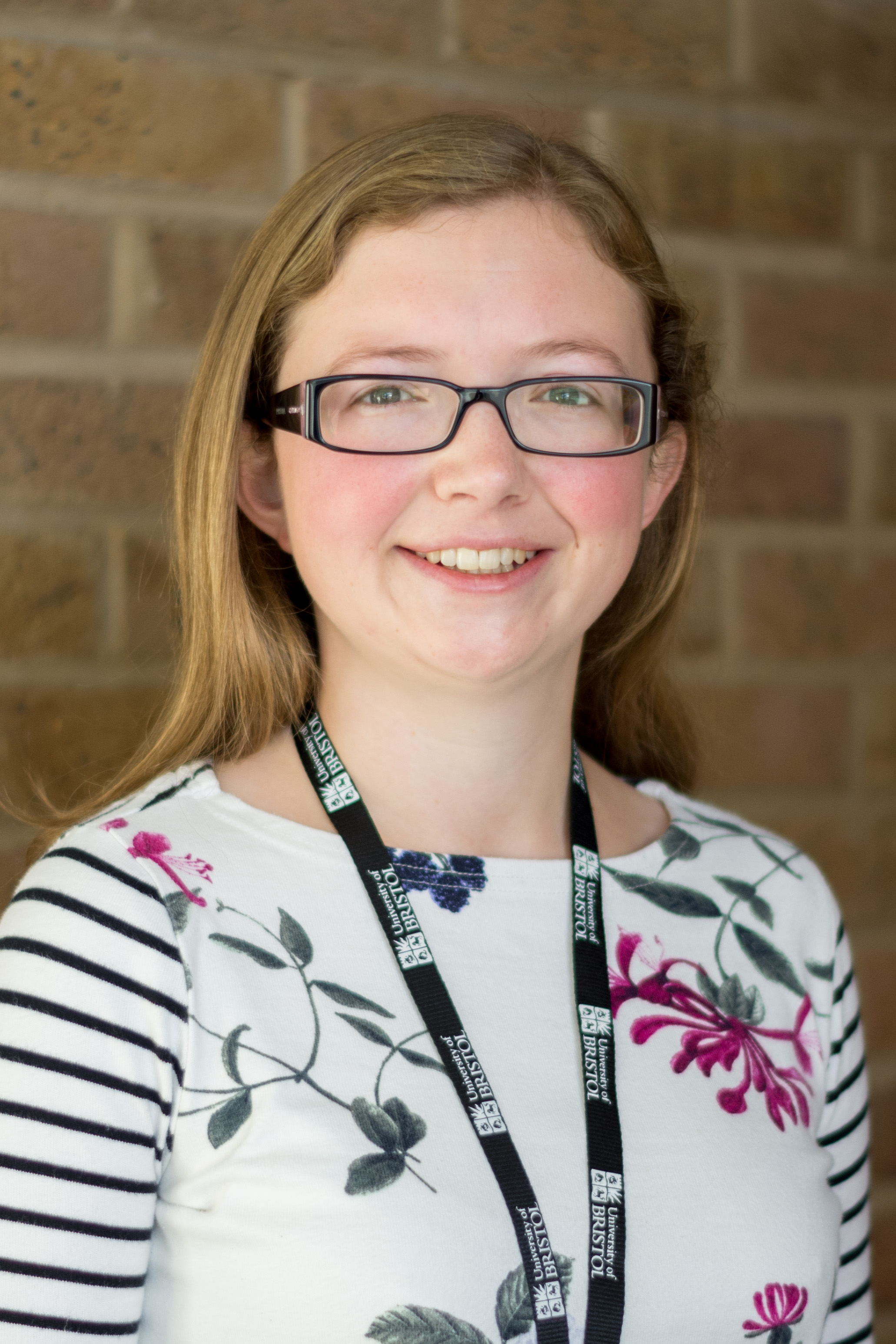Postgraduate Profile: Sheenagh Aiken
What are you studying?
I'm working towards a PhD in synthetic organic chemistry; specifically, applying methodology developed in my supervisor's research group to the total synthesis of polyketide natural products.
What do you particularly enjoy about postgraduate study in your department?
I was drawn to the University of Bristol as an option for postgraduate study by the research interests of a number of academic staff which appealed to me; the size of and range of research topics in the chemistry department provides many opportunities for collaboration and cross-pollination of ideas. In addition, there is a great programme of seminars throughout the year from visiting speakers and other researchers in the department, so we're regularly exposed to a wide variety of current research endeavours.
Why did you decide to apply for your programme?
I was working as a medicinal chemist in industry when I applied for my PhD; while this exposed me to a wide variety of reactions and substrates and confirmed my desire for a career in scientific research, I wanted the opportunity to devote a longer period of time to a more in-depth research project through a PhD, along with further academic training.
What are the facilities in your department like?
The facilities in the synthetic chemistry building are excellent - our office space is right next door to the lab which is much more efficient when monitoring long experiments and meanwhile analysing data on a computer, and we have access to all the necessary equipment. There’s training available for more specialised machines whenever you require them, and I’ve been able to use one of the most sensitive spectrometers in the country for1H NMR to obtain high quality data from tiny amounts of product.
How much support do you get from staff?
I have regular subgroup meetings with my supervisor and his 'open door' policy, along with sharing an office and lab space with 11 other researchers means there is always someone around to talk to if you ever need some advice or encouragement. More formally, the ‘annual progress monitoring’ process checks you are on track and links you up with 1 or 2 additional academic members of staff outside your research group.
How does postgraduate study differ from an undergraduate degree?
I think the inherent difference comes from the idea that at undergraduate level, the focus is on learning and replicating scientific work that has already been developed, investigated and understood; this is an important basis for postgraduate research, which often involves working at the frontier of and pushing the boundaries of modern science, discovering and exploring new reactivity - there is no longer necessarily one 'right' answer or conclusion, which can be frustrating at times but is usually inspiring when you realise you might be the first person to make or observe something.
Is there anything you would want to tell a prospective postgraduate student considering studying Chemistry?
If you're excited by the constant sense of discovery and innovation in Chemistry, then a PhD is definitely worth the time and effort - 3 or 4 years as a postgraduate researcher will fly by!
